What has daily life been like for Ukrainians during the Russian invasion? The Freethinker spoke via Zoom to Andrii Nehrych, aged 30, a business development manager who lives in Kyiv and has chosen to stay there throughout the conflict. When the fighting started, the company he worked for closed their Kyiv office and he lost his job.
Below are edited extracts from the interview. Nehrych describes what it was like to hear the bombs falling on his city and how people there have responded. He also explains why Ukraine, for him, is culturally European, how young Ukrainians are keen to change their country for the better, and why it is important not to fear death.
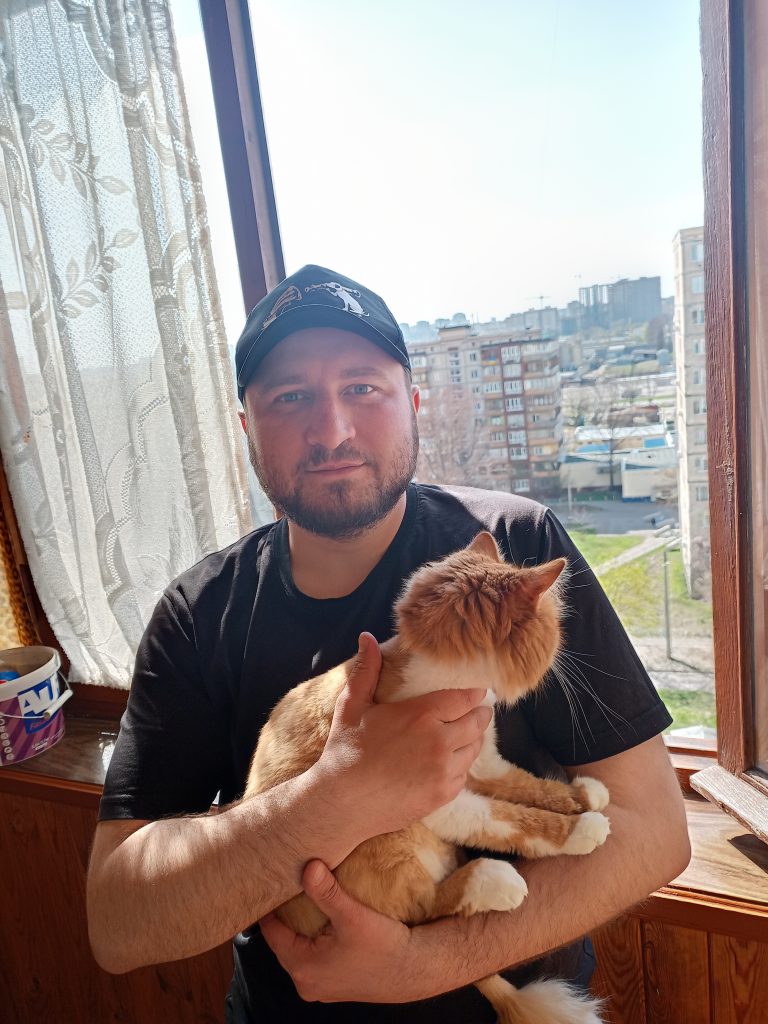
Freethinker: What was your experience of the beginning of the invasion?
Nehrych: I woke up when they started bombing Kyiv. That was at 05:00 a.m. on 24th February. And that was a real shock. I can’t even explain it to you, I can’t even find words for what I felt at time. It was horrible. I was prepared for it – I knew that Russia would attack us, but I didn’t know when. But they did it in the morning, just like Hitler did. In the morning, they were bombing all infrastructure, airports, warehouses, et cetera. They came close to Kyiv in a few days.
I lived in a district called Vynohradar – it was pretty close to the battle. On the day of the invasion, my friend called me up and said, “Andrii, it’s easier for us to live together for now.” So I moved to the apartment he shares with his girlfriend in the Obolon district on the edge of the city. Here we cook together, buy food together. It was much easier for us to survive this way.
The second day, my friend went to our local territorial defence office and took me with him. There were a lot of men there who wanted to get guns and defend the city. But the office told us, “we have a lot of people who have experience, so no need for you here.” I had never served in the army, and they told us that we could make things worse. So instead we helped at centres here in the Obolon district, sorting clothes, food, carrying all this stuff to people who couldn’t come to the centres.
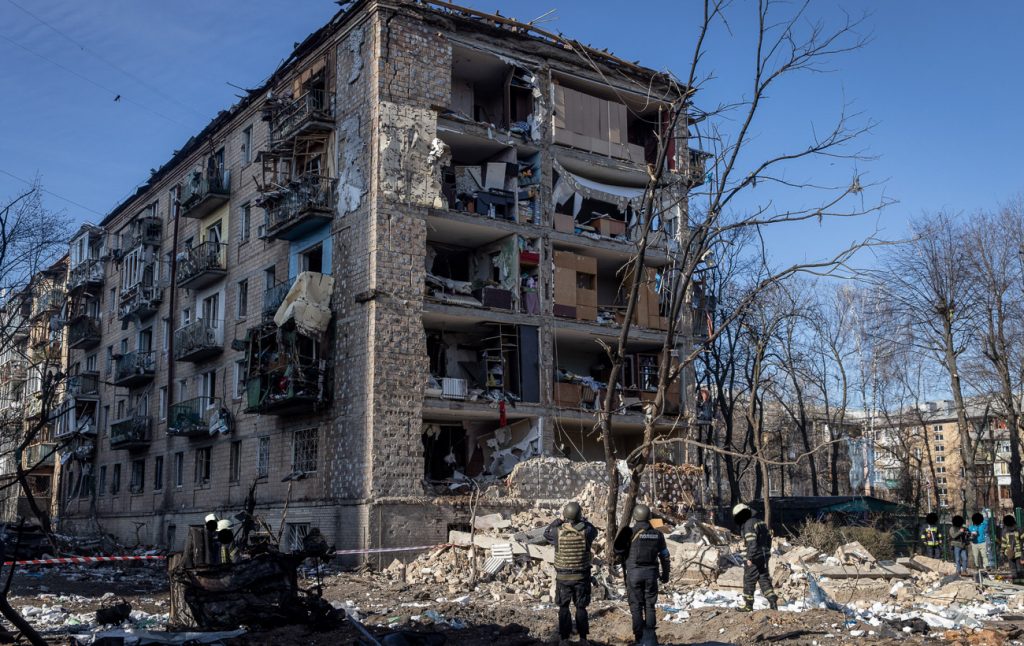
Freethinker: What was the most difficult period for you?
Nehrych: The most difficult was the first month when Russian Army was around Kyiv. They didn’t surround us from all sides, but they did reach the northern left bank, on the edge of the city. That was horrible. We couldn’t sleep because we were hearing those bombs all the time. Each minute – each minute – each five minutes. But then we got used to it. There were two air bombs close to us – one about 700 metres from our house and another 300 metres. But still we were lucky, because not even our windows were broken.
When Ukraine was in the USSR, air raid shelters were built under each apartment block. So the first time when we heard air defence siren, we went to the shelter. It’s not very safe, but it’s much better than being on, say, the 16th floor. But maybe after the first week, we just felt like – it’s okay, and stayed in our apartments. We understood that if the bomb goes straight into our place, we would not be alive. So then we reached an acceptance of this: either we survive or we die. No other option here.
We have friends who are in the territorial defence. They described us how the different bombs sound. Before the invasion, I couldn’t have imagined that I could become some kind of expert in artillery and bombs. But this is life. We saw rockets launched into the sky. It was like in some Hollywood movie, except that I saw it with my own eyes. I can’t tell you what I felt at that time. It was a mixture of feelings. It was scary, but I was also happy that we had some guys who could defend us. If they hadn’t defended us in Kyiv, we could have suffered the same fate as in Bucha.
The first week, it was also hard to find food, even bread. But there were some funny and warm moments. Maybe 200 metres from us, near the underground station, there is a Georgian restaurant. From the beginning of the invasion, they were cooking special Georgian bread and distributing it to all the people who wanted it.
From around 29th-30th March, the Russian army moved out from the Kyiv region, and they have stopped bombing us. Now everything is okay. All our stores, food shops, they are full of food again – for the moment.
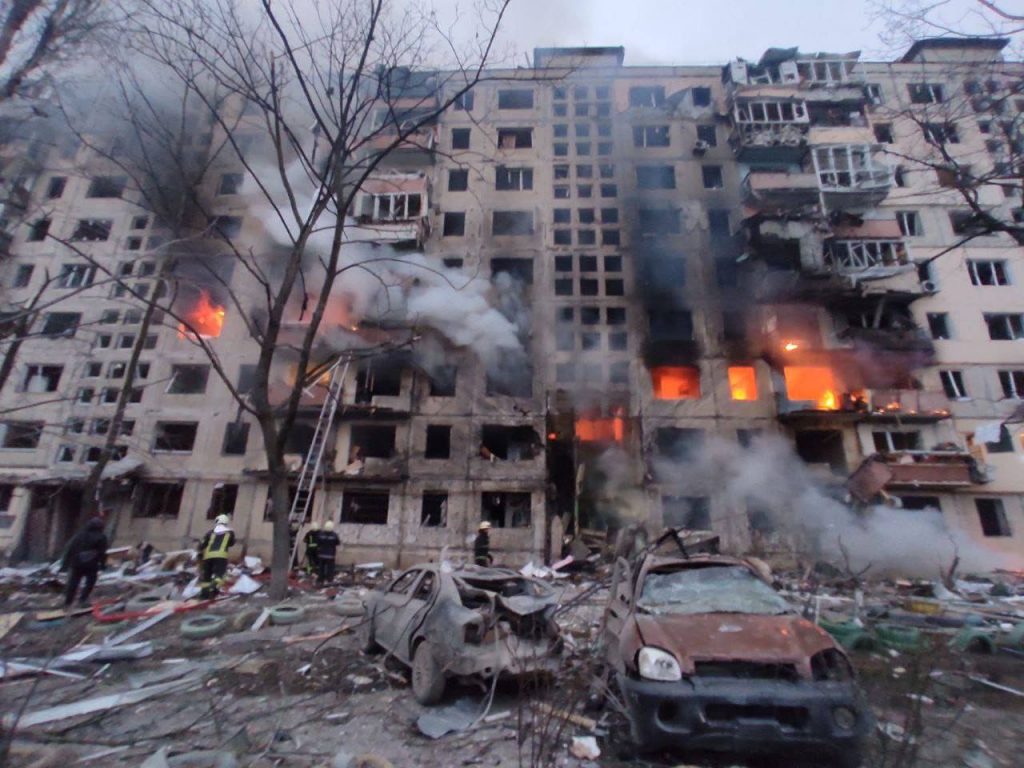
Freethinker: Did you ever consider leaving Kyiv and going somewhere safer?
Nehrych: A lot of young people, families, ran away from Kyiv when the war started. My mum and grandma live in the western part of Ukraine. From the beginning, they were asking me to come back to a safer place. But I didn’t run. I told them, if I run, if we lose here in Kyiv, then we will lose there too. Putin will not stop at Kyiv. So I decided it was better to remain and help people here.
Freethinker: When you go out on the streets, can you see how the city has been affected by the conflict?
Nehrych: I went to see the flat where I lived before the war. Some of the apartment blocks in that area are ruined – you can’t live there anymore. You would have to build them from scratch. But it’s not a problem – they can be rebuilt. What is horrible is that people have died.
In our district, through all Kyiv, we have a lot of roadblocks, a lot of anti-tank constructions, where the army and territorial defence are making preparations. They also check your documents, check your luggage, check all your things, all the possessions you have with you. This is because during this month in Kyiv, some collaborators – in Ukrianian we call them diversante (‘saboteurs’) – were caught filming and photographing the places where our army have their positions and sending them to the Russians for money.
Right now, maybe in the last ten days, a lot of people are coming back to Kyiv. From my window, as I’m talking to you, I can see a lot of cars outside. Shops, cafés, restaurants are opening back up. I’m not sure if it’s a good idea, but it’s good for the economy.
Freethinker: How have people in Kyiv responded to the invasion?
Nehrych: When the invasion happened, everyone was shocked. A lot of people didn’t know what to do, but it makes me proud that maybe half the population of the city, from the first day of the invasion, started helping the army and the territorial defence. We were digging special trenches. We were helping with the sandbags so that they could make defences around the city. All the people started doing what they could.
Even old ladies, like 80 years old, who were pretty poor, were going to the shop buying bread and other food, taking it to the army, saying, guys, please take it. And the soldiers, said, no, leave it for yourselves. And then one old lady told them, no, if I don’t help you, then the Russians will come and kill me.
I’m happy that I’m Ukrainian because I’ve seen such things done by our people. Even our IT guys, who don’t know how to handle a gun, started working on the internet to gather money to make attacks on Russian government websites. Some entrepreneurs who were supplying food reorganised their factories to help to make helmets and gilets.
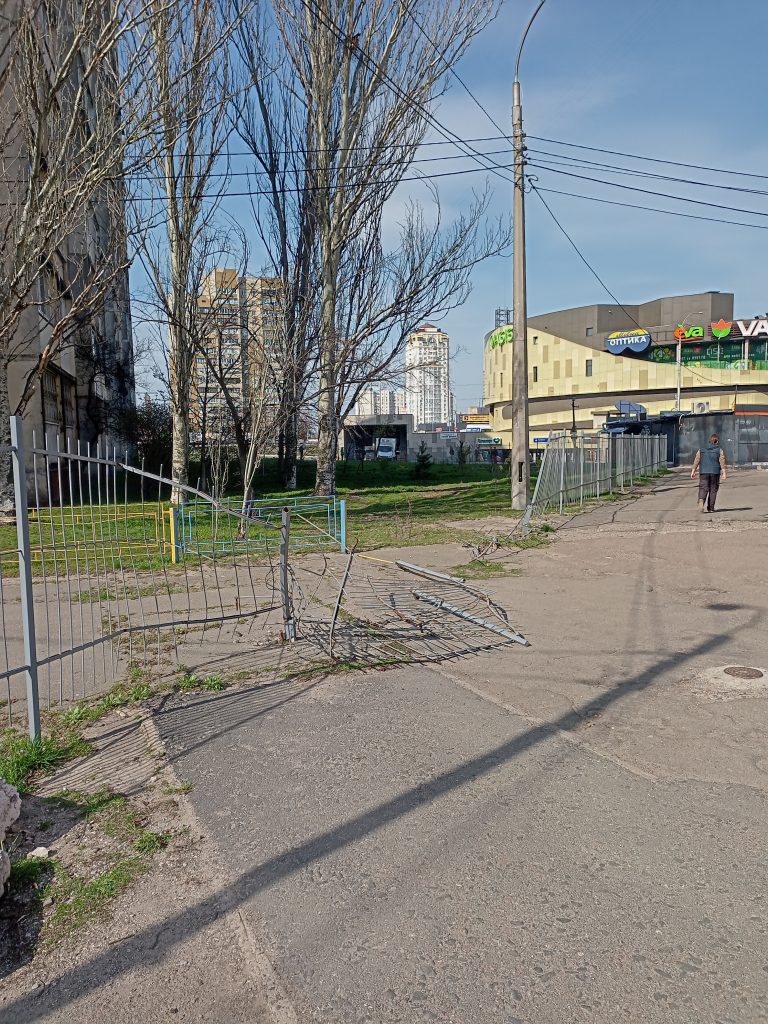
Freethinker: How much support has there been for Russia in Ukraine, in your experience?
Nehrych: Before the war, there were many more people who were supporting Russia than there are now. But even some of them have finally opened their eyes and understood that we are not friends. For centuries, the Russians have been saying that we are brothers, because we are Slavic – but so are the Poles, Slovaks, Czechs, Belorussians. They tell us that we are brother nations, and then they come and kill us.
Because human life, for the Russian regime, has no cost – they can kill thousands, millions. The Holodomor of 1932-33 killed around seven million people, they took all their food. We still have that memory in our DNA. [Nehrych refers to the Great Famine in Soviet Ukraine.]
A lot of young people, we don’t tend to watch TV or listen to the radio. We are mainly on social networks, which we can filter. But sometimes we read Russian propaganda channels to see what they say. Russian propaganda is very strong – if you’re a weak person, it could work on you very easily. It could break you.
Freethinker: Culturally, in your opinion, where is Ukraine in relation to Europe and Russia respectively?
Nehrych: We are Europeans. We are closer to Europe than to Asia. In the 1990s, Ukraine was a poor country. But in the last two decades, a lot of Ukrainians, especially the younger population who had started businesses and made some money, visited Paris, Rome, Berlin, and began to ask, “Why do we live like this in a shit country? We can make it much better.” And they started asking the same question of politicians. Ukraine requires changes and it will be done, because young people want it to change.
Freethinker: Do you think Zelensky is a good leader?
Nehrych: It is good that he didn’t run away – he could have done. He stayed here. Right now we are very happy that he is not a coward. That doesn’t mean that we want to make Zelensky emperor, or a king who will sit in office until he dies. But right now we don’t discuss anything except the war. We’re all in this together.
Freethinker: Is that something that you are afraid of, that Russia will use a nuclear weapon? Is the fear still there?
Nehrych: We have no fear. Many Ukrainians, especially men who are defending our country, are ready to die. Whether it’s a nuclear weapon, whether it’s artillery or air bombs, it doesn’t matter. We are ready for this. It’s better when you are ready and when you’re not scared. Had we been scared, we would have been defeated in the first week.
Freethinker: What are your plans for the immediate future?
Nehrych: A week ago, when I was still looking for new job, I was almost about to give up the search and join the army as well, because for people like me who have no experience in it, there is a fast track in the army. You are taught how to handle a gun, how to fight in city combat, forest combat, et cetera. For the last month and a half I got used to ‘doomscrolling’ on social networks – but it’s a really bad addiction. Right now I have just got a new position, so I am trying to focus on normal life.


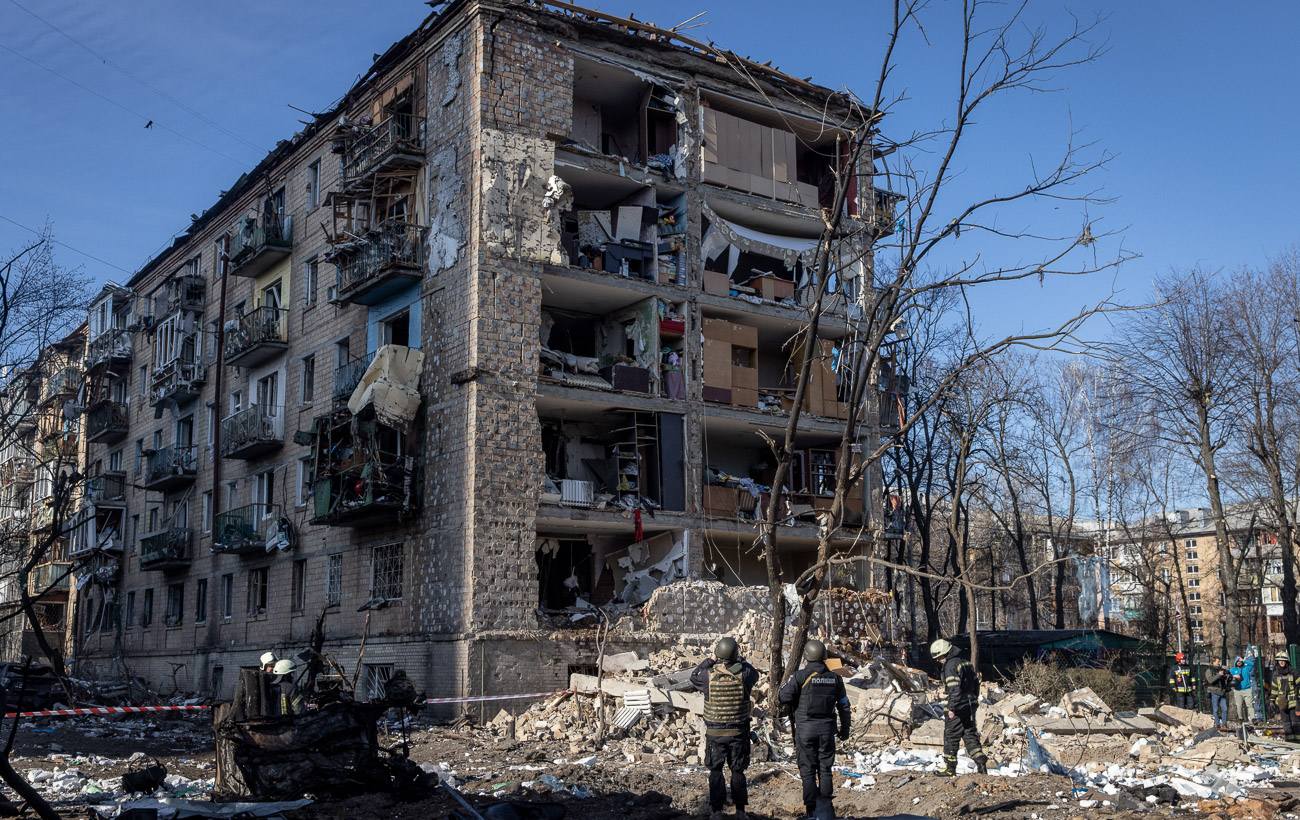

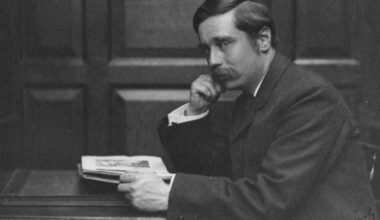
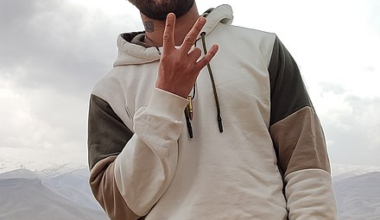
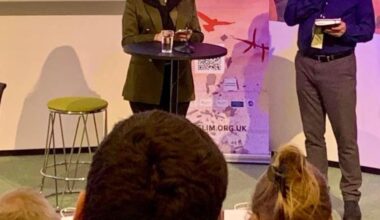
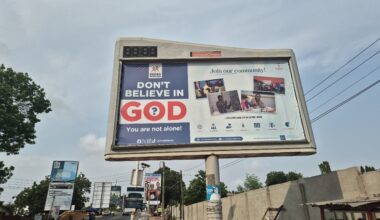
1 comment
I’ve been reading Anne Applebaum’s “Red Famine: Stalin’s War on Russia”. If ever there was a book that demonstrated the importance of historical understanding as an explanation of today’s issues this is it. Applebaum quotes Stalin (page 290) writing in 1934 “…the main threat now is Ukrainian nationalism that allies with imperialist interventionalists”. Sound familiar? Those seeking to understand Russia need to look for the continuities.
Your email address will not be published. Comments are subject to our Community Guidelines. Required fields are marked *
Donate